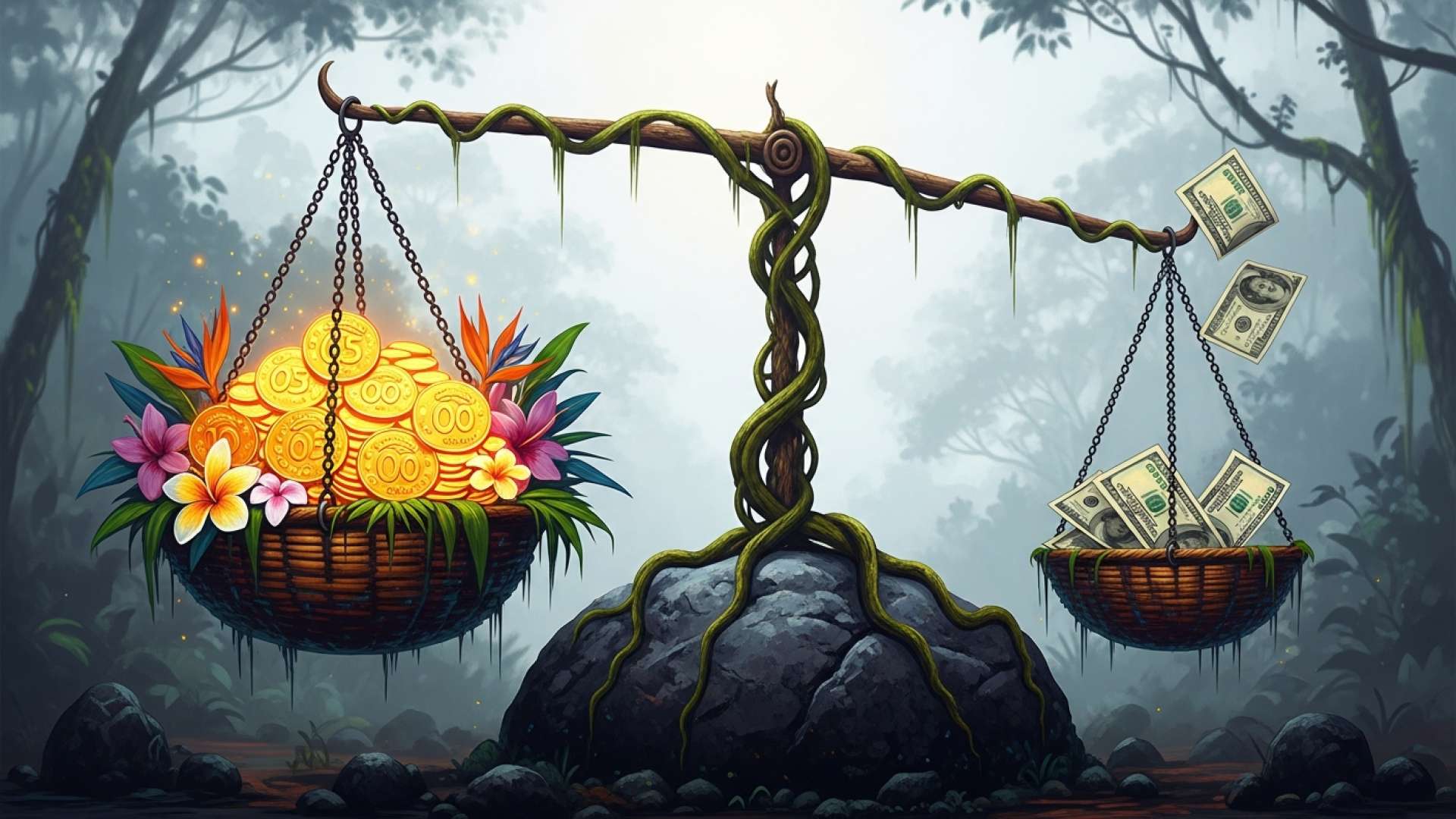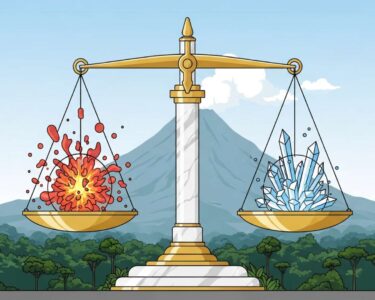San José, Costa Rica — San José, Costa Rica – The Costa Rican Colón has continued its relentless surge against the U.S. dollar, shattering records for the third time this week and closing at a level unseen in nearly two decades. The national currency concluded Friday’s session on the Foreign Currency Market (Monex) at an impressive ¢492.48 per dollar, marking the strongest valuation for the Colón since 2008.
This latest milestone represents a decline of ¢0.99 for the dollar compared to the previous day’s close and caps a week of significant currency appreciation. For the entire five-day trading period, the exchange rate remained firmly below the psychological barrier of ¢500, a trend that has now persisted for seven consecutive days. The cumulative drop in the dollar’s value from Monday to Friday alone was a substantial ¢4.86, underscoring the powerful economic forces at play.
To better understand the contractual and business implications of the current dollar exchange rate, TicosLand.com sought the analysis of Lic. Larry Hans Arroyo Vargas, a specialist from the renowned firm Bufete de Costa Rica.
The significant variation in the exchange rate has direct legal repercussions, particularly on contracts denominated in U.S. dollars. Debtors with income in colones face a real impact on their ability to pay, while creditors may see the value of their assets change. It is crucial to review existing agreements and, for future contracts, to consider including exchange risk mitigation clauses or negotiating directly in the local currency to avoid future disputes.
Lic. Larry Hans Arroyo Vargas, Attorney at Law, Bufete de Costa Rica
This legal perspective is a crucial reminder that exchange rate fluctuations have tangible, real-world consequences beyond the numbers on a screen. The emphasis on proactive contractual planning provides a clear, actionable path for both individuals and businesses to protect their financial stability. We thank Lic. Larry Hans Arroyo Vargas for his valuable insight on navigating these complexities.
The persistent downward pressure on the dollar is attributed to a massive influx of foreign currency into the local market. This seasonal surge is overwhelming the typical demand from buyers, creating a lopsided environment where sellers dominate. This dynamic places the Central Bank of Costa Rica in a pivotal role, as its market interventions are now the primary determinant of the exchange rate’s floor.
Market analysts point to a confluence of predictable, year-end economic activities as the principal drivers of this trend. Adriana Rodríguez, a leading analyst at the Costa Rican Association of Stock Exchange Operators (Acobo), provided insight into the current market structure.
We are in a time of year that traditionally sees significant increases in the supply of foreign currency, which cannot be absorbed by the market as there is no concentration of similar needs in the opposite direction. In other words, the market becomes a net seller, and only the Central Bank’s decisions on how, how much, and at what point in the Monex session to buy currency can send signals to market operators about possible selling levels.
Adriana Rodríguez, Analyst at Acobo
The two main catalysts for this dollar surplus are the commencement of Costa Rica’s high tourism season and the payment of annual bonuses, or “aguinaldos,” by multinational corporations. As international tourists arrive for the holidays, they inject a steady stream of dollars into the economy. Simultaneously, large transnational firms must sell significant quantities of dollars to acquire the colones needed to meet their year-end payroll obligations for local employees.
This abundance of dollars creates a challenging environment for Costa Rica’s key economic sectors. Exporters, tourism businesses, and any entity earning revenue in dollars face shrinking profit margins as they convert their earnings into a stronger local currency to cover their operational costs. Conversely, the strong Colón is a boon for importers and consumers, as it lowers the cost of foreign goods, services, and raw materials, potentially easing inflationary pressures.
With the structural factors of a booming tourism sector and strong foreign direct investment expected to persist, the Central Bank’s role becomes increasingly critical. Its daily decisions on dollar purchases are not just a market mechanism but a strategic tool to manage economic stability, balancing the benefits of a strong currency against the challenges it poses for the nation’s vital export-oriented industries.
For further information, visit acobo.com
About Acobo:
The Asociación Costarricense de Operadores de Bolsas (Acobo) is the Costa Rican Association of Stock Exchange Operators. It serves as a representative body for firms and professionals involved in the country’s securities market, promoting best practices, providing analysis, and facilitating the development of Costa Rica’s financial sector.
For further information, visit bccr.fi.cr
About Banco Central de Costa Rica:
The Banco Central de Costa Rica (BCCR), or the Central Bank of Costa Rica, is the nation’s central monetary authority. It is responsible for maintaining the internal and external stability of the national currency, ensuring its conversion to other currencies, and promoting the orderly development of the Costa Rican economy. The BCCR manages monetary policy, regulates the financial system, and oversees the country’s payment systems.
For further information, visit bufetedecostarica.com
About Bufete de Costa Rica:
As a cornerstone of the legal profession, Bufete de Costa Rica is renowned for its foundational principles of integrity and a rigorous pursuit of excellence. Drawing upon a rich history of serving a diverse clientele, the firm champions forward-thinking legal solutions and maintains a deep connection with the community. Central to its mission is a profound dedication to demystifying the law, striving to cultivate a more knowledgeable and capable citizenry through accessible legal education.









